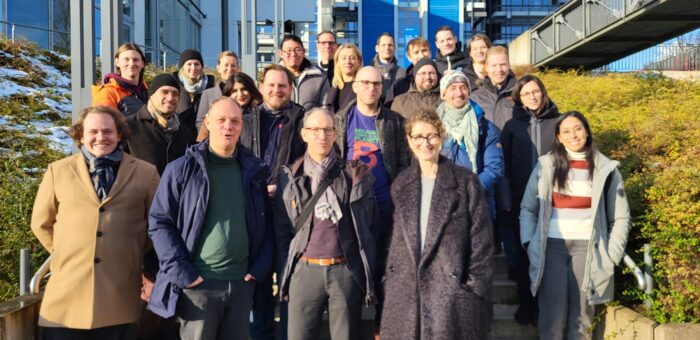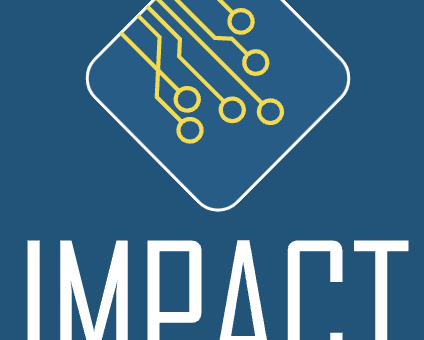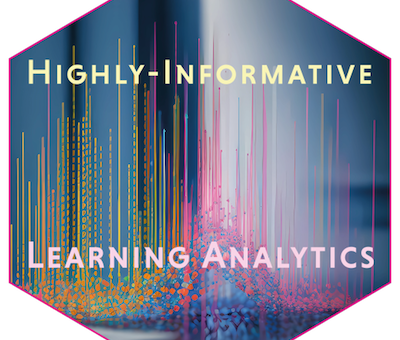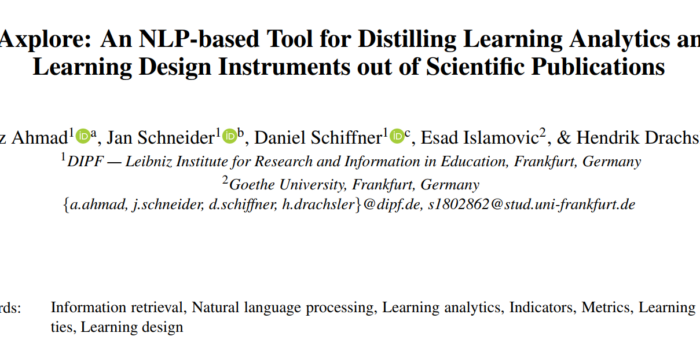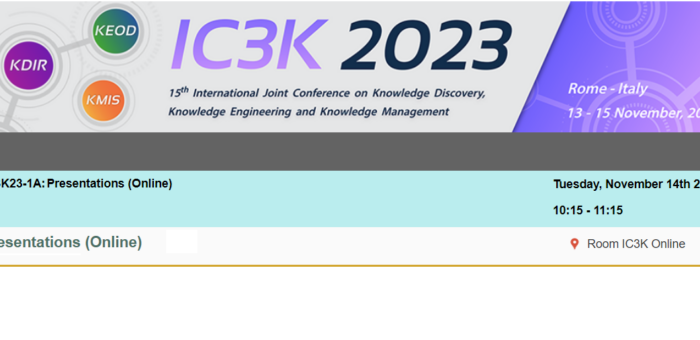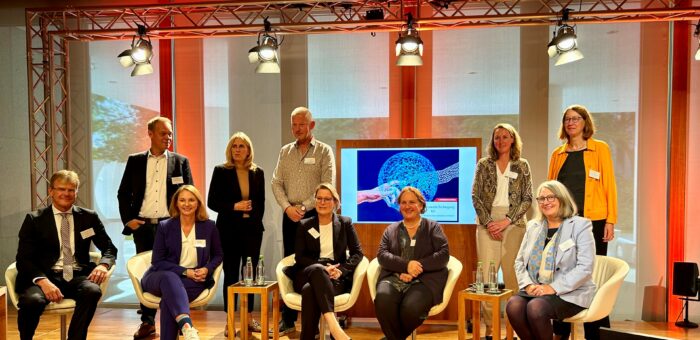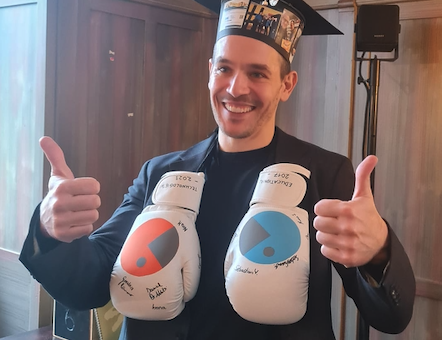
PhD defense on Technological Responses to Distracting Media Multitasking in Digital Learning Environments
Today, we proudly acknowledge the remarkable achievement of our team member, Daniel Biedermann, in successfully defending his PhD thesis to become Dr. Biedermann. Woohoo, congratulations! In our modern world, the reality of digital distractions through the attention economy cannot be denied. Countries like the Netherlands, for instance, are planning to ban mobiles from classrooms starting from 2024. Daniel's PhD work centered on the complex challenges of digital media distraction, a phenomenon that's prevalent largely due to our pervasive use of social media and notification systems on our phones, PCs, and tablets. Presented in his disputation, Daniel argued the need for a context-sensitive system to gain a more profound understanding of digital media distraction. In addition, Daniel addressed the crucial subject of digital self-control tools (DSCTs). His research, which provided a…


